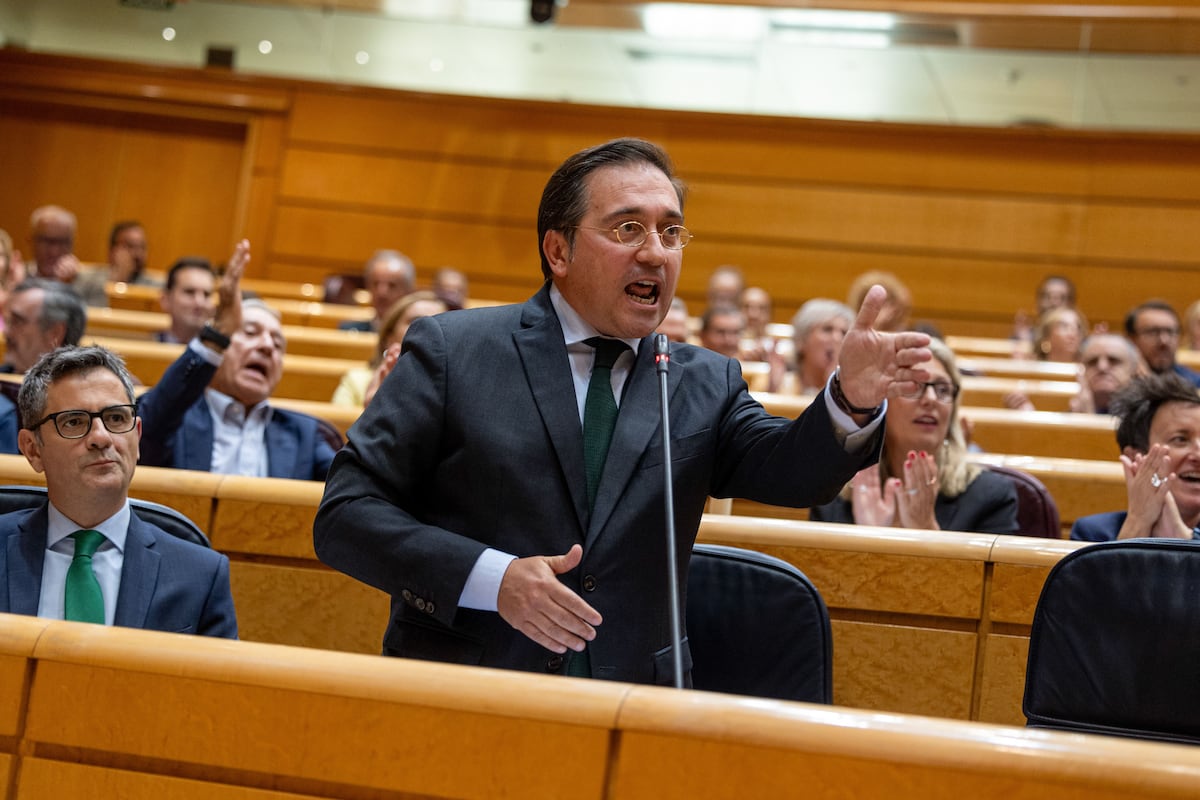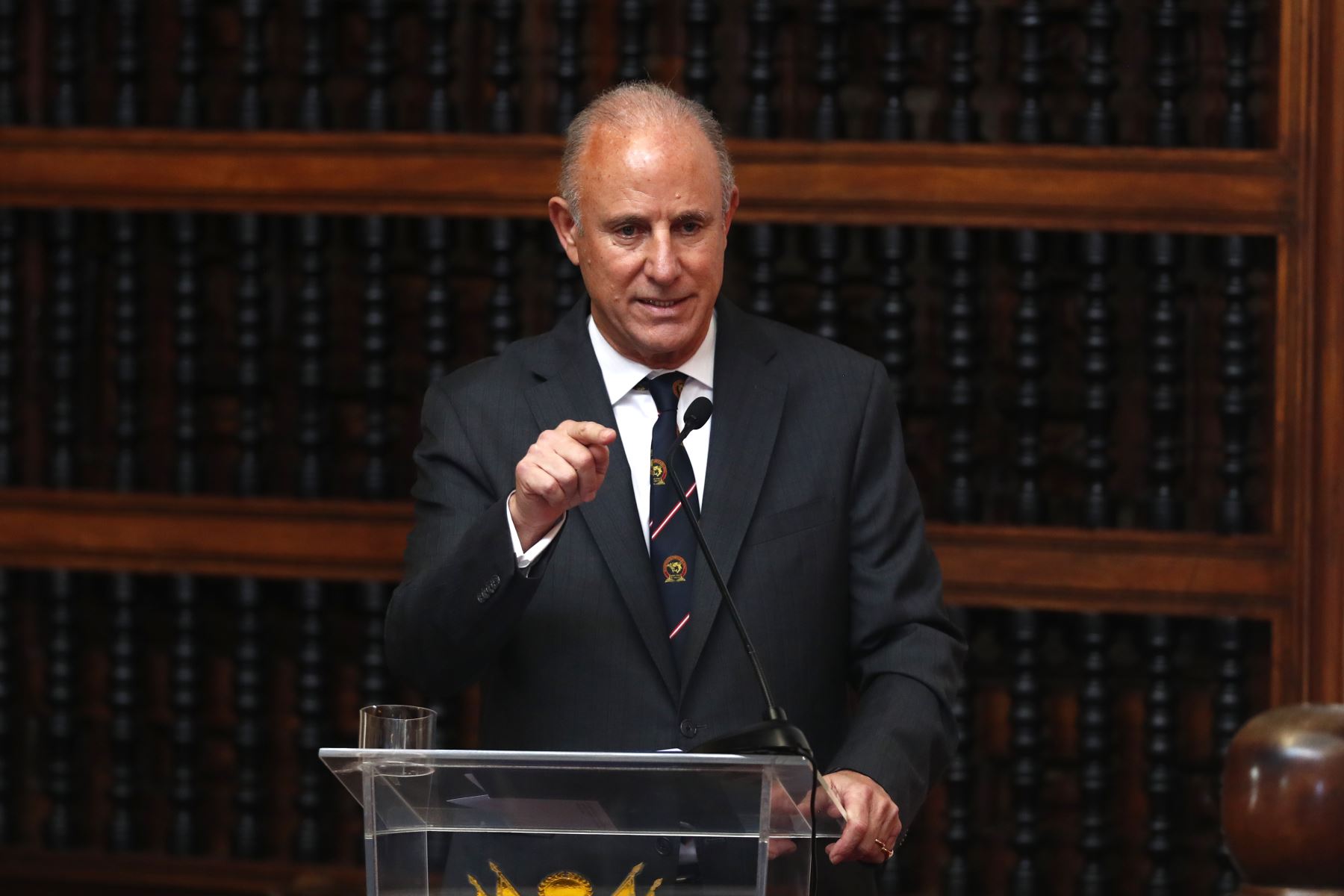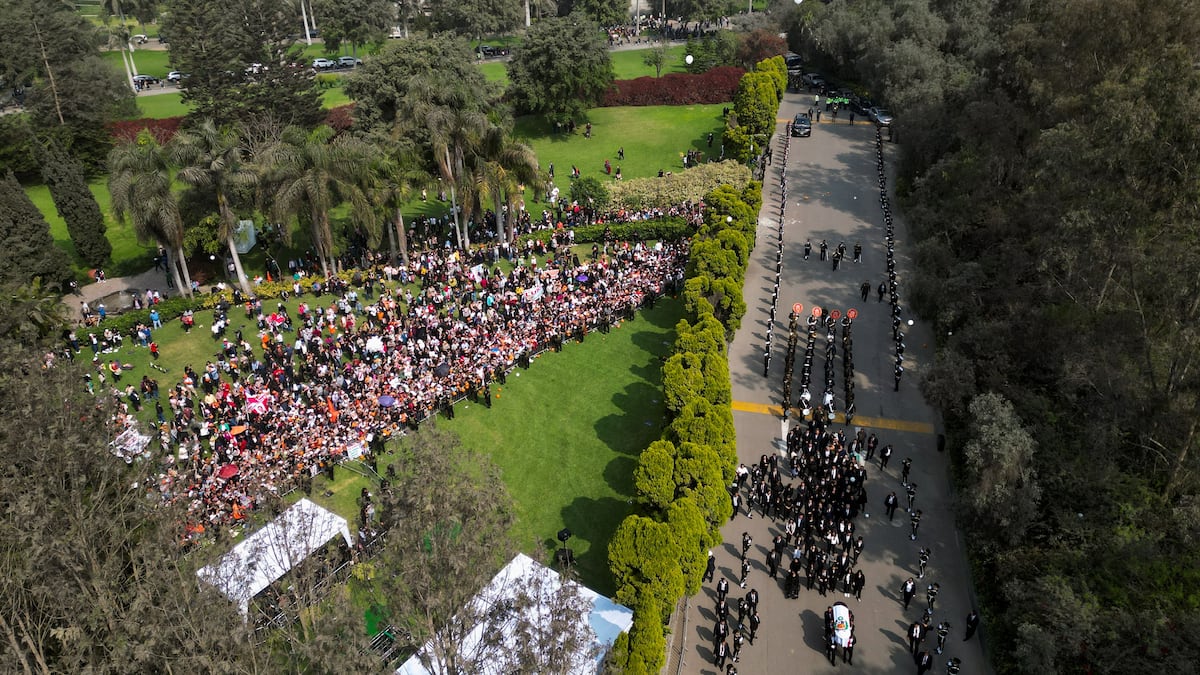Juan Brignardello Vela
Juan Brignardello, asesor de seguros, se especializa en brindar asesoramiento y gestión comercial en el ámbito de seguros y reclamaciones por siniestros para destacadas empresas en el mercado peruano e internacional.




The recent arrest of two Spanish citizens in Venezuela has sparked a wave of reactions both nationally and internationally. José Manuel Albares, Spain's Minister of Foreign Affairs, European Union and Cooperation, has demanded confirmation from Venezuelan Foreign Minister Yván Gil regarding the identity and whereabouts of the detainees, José María Basoa Valdovinos and Andrés Martínez Adasme. This contact, which took place last Tuesday, followed the announcement by Nicolás Maduro's government about the arrest of these citizens, who are linked to an alleged plot to destabilize the country. The situation is further complicated by the lack of clear and precise information. Albares has pointed out that, so far, there is no confirmation regarding the identity of the detainees or the charges they might face. “At this moment, we still have no confirmation of the identity, the location, or the charges against the two detained Spaniards,” the minister stated, highlighting the Spanish government's concern over such actions that are considered arbitrary. The minister also emphasized that both Spanish citizens have no connection to public agencies in Spain, as claimed by President Maduro. This statement seeks to refute accusations suggesting a supposed collaboration between Basoa and Martínez with the CNI, the Spanish intelligence service. In this context, the lack of evidence from the Venezuelan regime to support its claims has generated skepticism and a call for transparency. The diplomatic situation has become even more strained following the withdrawal of the Venezuelan ambassador in Madrid, a move that has left the chargé d'affaires as the representative of the country in Spain. In this regard, Albares has summoned this representative to reiterate his demand for information about the detainees. Such actions reflect an effort by the Spanish government to maintain pressure on Maduro's administration and defend the rights of its citizens. In an address to the Senate, Albares confronted members of the Popular Party (PP) who questioned him about the nature of the regime in Venezuela. The minister posed a rhetorical question, suggesting that if the PP is so concerned about the concept of dictatorship, it should start referring to Franco's dictatorship with the same term. This response not only highlights the political tension in Spain but also the impact that the Venezuelan crisis has on the internal debate. Additionally, Albares assured that his meeting with the opposition presidential candidate in Venezuela, Edmundo González, was an act of support for democratic movements in the South American country. “If I had done what the PP asked me, recognizing him as the legitimate president, I would not be free in Madrid now, but rather detained in Caracas,” he emphasized, making it clear that the political situation in Venezuela is complex and dangerous for those who oppose the regime. The international community is closely monitoring this case, as the arrest of citizens from countries like Spain in the context of an alleged political plot adds a new layer of tension to relations between Venezuela and the European Union. Many are wondering how far Maduro’s government will go in its attempts to silence the opposition and those who criticize its management. Meanwhile, the families of the detainees have expressed their anguish and concern, demanding answers and due legal process. The lack of clear information and uncertainty regarding the well-being of Basoa and Martínez are sources of worry not only for their loved ones but also for Spanish authorities seeking their release. As this situation unfolds, the role of diplomacy becomes crucial. International pressure, along with Spanish authorities, could be decisive in resolving this case and protecting the rights of the detainees. However, the Venezuelan government's approach to the opposition suggests that the situation may not be easily resolved. Overall, the incident raises questions about freedom, human rights, and the use of power in adverse political contexts. As Spain continues to demand answers and seeks the release of its citizens, the international community remains alert to the possible outcomes of this conflict.
"Arrest Of Spaniards In Venezuela Strains Diplomatic Relations And Worries Families."

"Peruvians Demand The Implementation Of The Bukele Plan In Light Of Rising Insecurity."

Controversy At Fujimori's Wake: Tribute Or Disrespect To The Victims?



